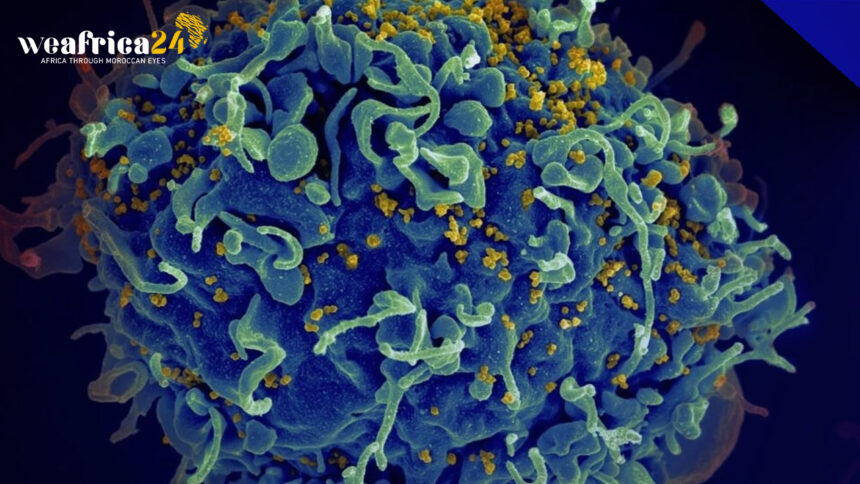World AIDS Day is observed, highlighting the ongoing global fight against the disease. In Guinea, where 130,000 people are living with HIV, significant progress has been made in patient care. However, the country still faces substantial needs, heavily relying on international aid. For the past two decades, Médecins Sans Frontières (MSF) has played a crucial role in the fight against HIV in Guinea.
Aboubacar, a 44-year-old “patient expert” for MSF, shares his journey as a person living with HIV. “My role is to help demystify HIV. Wherever there is stigma, I testify with an uncovered face,” he explains. Aboubacar has been living with HIV since 2008, initially struggling to accept his diagnosis. “I had a disgust for life. I even attempted suicide two or three times because the disease had exhausted me.”
Today, his treatment is effective, and he leads a normal life. “I have an undetectable viral load. An undetectable viral load means zero transmission. Today, I am even healthier than you! (Laughs) Because I can eat a meal for three strong guys. I eat a lot, and I live positively.”
Over the past twenty years, HIV care has significantly improved in Guinea. Dr. Hippolyte Mboma Kamosi, the on-site coordinator for MSF’s HIV project in Conakry, notes, “In 2004, MSF implemented free and quality care.” Dr. Mboma Kamosi emphasizes the need for transitioning responsibilities to the government, stating, “MSF is an emergency response, meaning that HIV is no longer an emergency. Gradually, we have to withdraw. But to withdraw, we must hand over to the government. We must ensure that everything we have done will be taken into account.”
Currently, MSF supports over 17,000 HIV patients in Guinea. As the fight against HIV continues, the collaboration between international organizations and local governments remains crucial to sustain progress and ensure the well-being of those affected by the disease.







